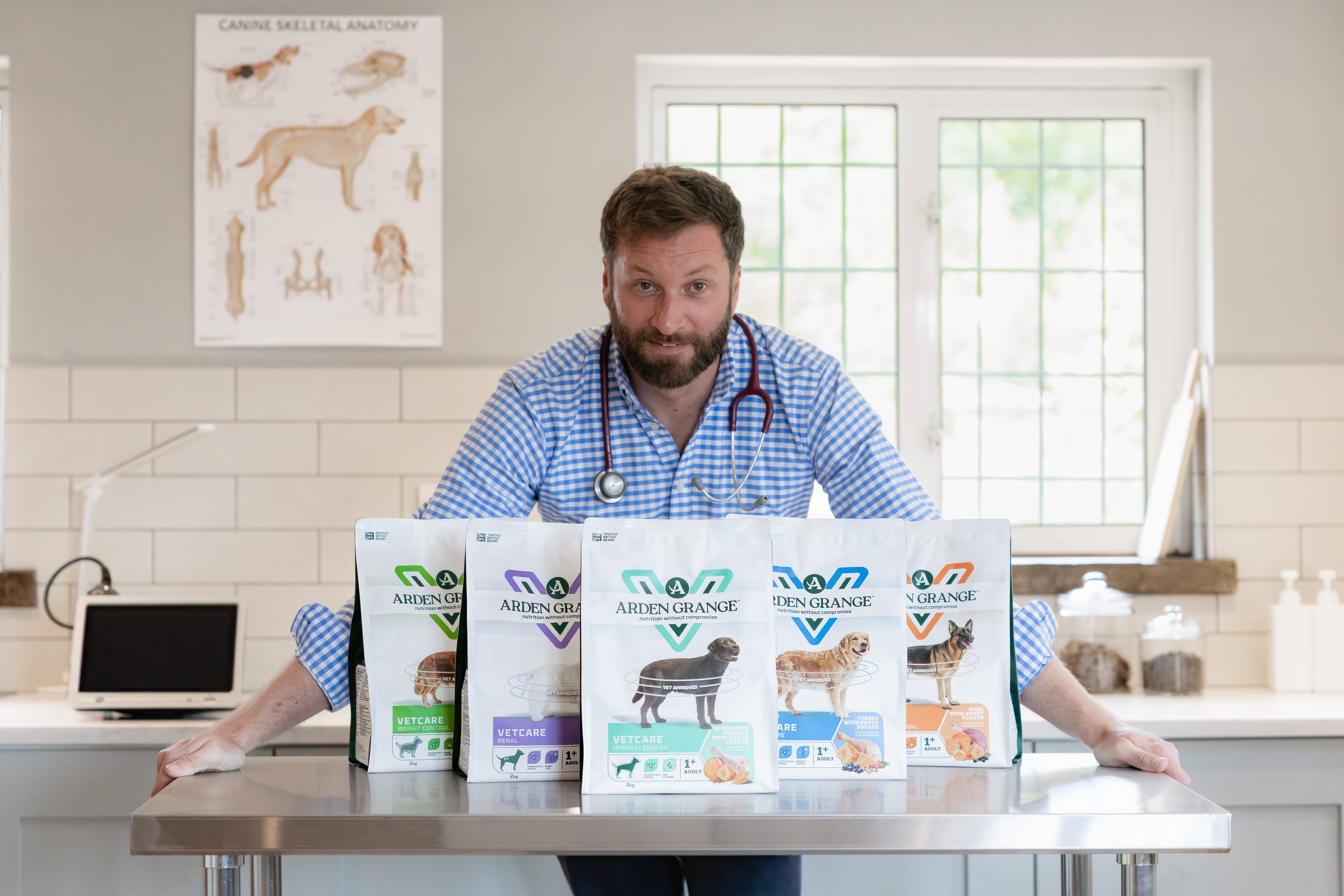
Register to get 1 free article
Reveal the article below by registering for our email newsletter.
Want unlimited access? View Plans
Already have an account? Sign in
2020 has been an unusual year in many ways, not least for the pet industry. This year, COVID-19 restrictions have brought a renewed enthusiasm for pet ownership across the country, as many turned to animals as their stay-at-home companions. On top of this, the industry is booming, but the sudden rise in the popularity of pets comes with a cost.
Increased interest in pet ownership has resulted in much higher prices for animals – and has also led to a spike in scams. As we approach 2021, this will prompt many to wonder whether these elevated costs are here to stay, how to stay safe online, and what increased demand will mean for prospective pet owners in the year ahead.
Demand
In an exceptionally difficult year, pets have also proved particularly important for their owners wellbeing. Research conducted by the University of York between April and May 2020 found that around 87% of pet owners said that their pets offered them emotional support through the pandemic. Amid all the challenges that the pandemic presented, prospective owners were eager to get some similar support from their pets. This, combined with extra time available to spend at home with any new animals, likely played a large part in driving up demand for pets during the pandemic.
This steep rise in demand was reflected in a rise in searches for puppies and kittens. This demand reached its peak in May, at the height of lockdown, when around 7 million people searched for a pet on our website. To put that in perspective, that’s around 10% of the UK population.
Price
With such a dramatic increase in demand, the supply of pets could not keep up. In May there were 420 potential buyers for each pet listed on Pets4Homes. This meant that we saw some large price increases, for puppies in particular. The average price for a puppy in 2020 is £1,875, compared to £808 in 2019. While the number of kittens put up for rehoming has been steadily increasing each year, the number of dogs available for rehoming has been roughly the same over the last four years.
This may be part of the reason that the price of puppies has seen a sharper rise than the price of kittens. Interestingly, once lockdown measures eased, this demand for pets started to level out. The number of potential buyers per pet reduced to around 200 in July, when the first lockdown ended. This figure has remained around the same since, meaning that this is still very much a sellers market.
Scams
Another unfortunate side effect of the boom in popularity of pets was that it was seized upon by scammers. Fraudsters or unscrupulous breeders have been all too willing to capitalise on this new wave of people who want to take home a pet as soon as possible. In March and April alone, £282,686 was lost to puppy-related fraud, according to buyers’ reports to Action Fraud. Travel restrictions due to Covid have made organising in person viewings more difficult, meaning some people were prepared to transfer money based only on images or videos of potential pets to bring home.
While these fraud figures may seem gloomy, there are some indications that buyers are showing savvy behaviour around safety. We found that around three quarters have done at least a month of research ahead of rehoming a pet and fewer than 3% said that they were planning to give a pet as a gift, which is encouraging as we head towards the Christmas season. While demand for pets is so high, it is all the more important that potential pet owners know how to buy a pet safely, and how to spot the signs of bad breeders.
The recent rise in puppy imports also gives some cause for concern. While breeders in the UK are obliged to follow the law on breeding standards, we have no way of enforcing this abroad. Greater demand for pets has led to more young puppies crossing borders, meaning more chance of puppies being brought home with medical issues. As we look forward to 2021, there needs to be more regulation to prevent puppies being transported to the UK, particularly in the earliest stages of life.
Before taking a puppy or kitten home, you should be able to see them interacting with their mother, and breeders should know which vet clinic has checked each animal, so that new owners can check on their new pet’s health. We found that over half of buyers were already aware of Lucy’s Law, but hopefully we will see this increase as awareness amongst new pet owners.
2021 predictions
Demand for pets is here to stay
As we approach 2021, we expect that many of the changes to the UK pet industry made in 2020 are here to stay – at least for the short term. We will continue to see unprecedented demand for pets within the UK. Whilst the world will return back to normal in many ways, a shift toward home-working will allow more flexibility and a greater work/life balance, which will continue to encourage pet ownership.
This may give us some hope that rescue centres may not be overwhelmed by a large influx of ‘pandemic pets’ being abandoned. However, it is crucial that we still encourage responsible pet ownership; educating owners is one of the most effective tools we have for protecting animal welfare.
Prices are unlikely to decrease dramatically
There may be a boost in the number of pets available as many breeders held back from breeding during the lockdown and pandemic. Difficulties in rehoming or caring for animals due to social distancing and lockdowns may have been a driving factor in this hesitance. Now, with a vaccine on the way, more breeders may feel confident enough to resume breeding animals, meaning that there should be more new pets to meet demand. As such we expect there to be a slight softening of pricing, although any return to pre pandemic levels will take some time.
We’ll see more focus on online safety
We may see some more attention given to safety measures 2021, in response to huge demand for pets and pet-related scams over lockdown. Some legislation and campaigns are already underway, and we fully embrace these initiatives. One such campaign is working to standardise a microchip register. Currently there are 14 different microchip databases that meet government standards, but no common central repository where a buyer can lookup the microchip ID. It is also not compulsory for vets to check the chip at the pet’s first veterinary appointment, to confirm the identity of their owners.
A stricter enforcement of microchip IDs would not only help buyers establish who the registered owner of a dog or cat is, but would also help reunite pets who have been lost or stolen with their true owners. There is also an ongoing campaign to introduce legislation which would stop imports of puppies under the age of six months, as well as moves to achieve consistency of approach to Lucy’s law across the UK. These changes would be welcome and productive steps in the battle against unscrupulous breeders.
After a torrid year, we can look back on a pet industry that has persevered throughout and see reason for optimism in 2021. The UK has more pet enthusiasts than it did when the year began and we have reason to believe that this passion for pets is here to stay. We can also see a clear path to ensuring better safeguards both for pet welfare and buyer safety. This can give hope that 2021 will bring good news across the pet industry.
*All statistics are from the Pets4Homes Industry Report, unless stated otherwise.
By Lee Gibson, UK managing director at the UK’s largest pet rehoming site, Pets4Homes







